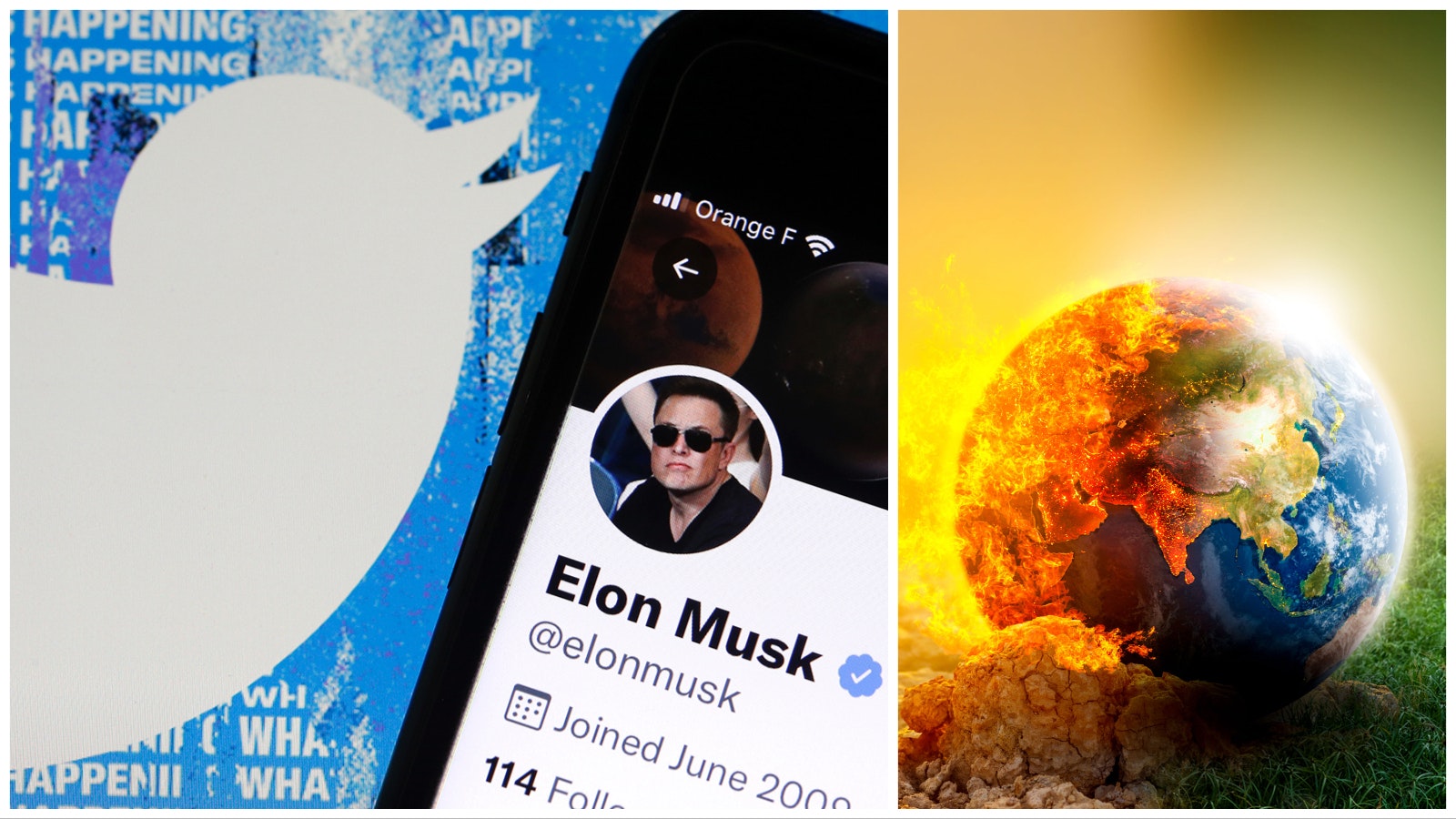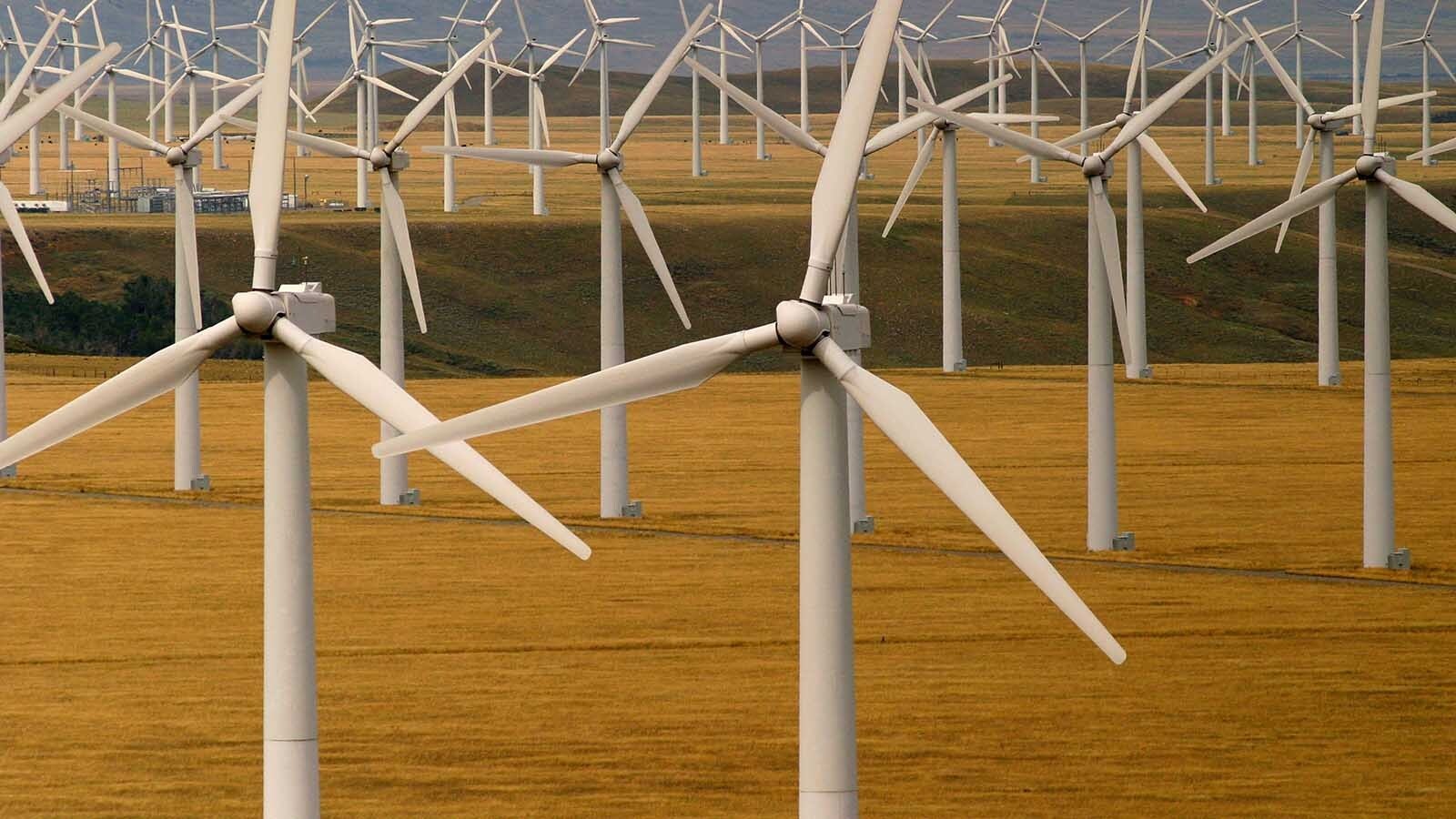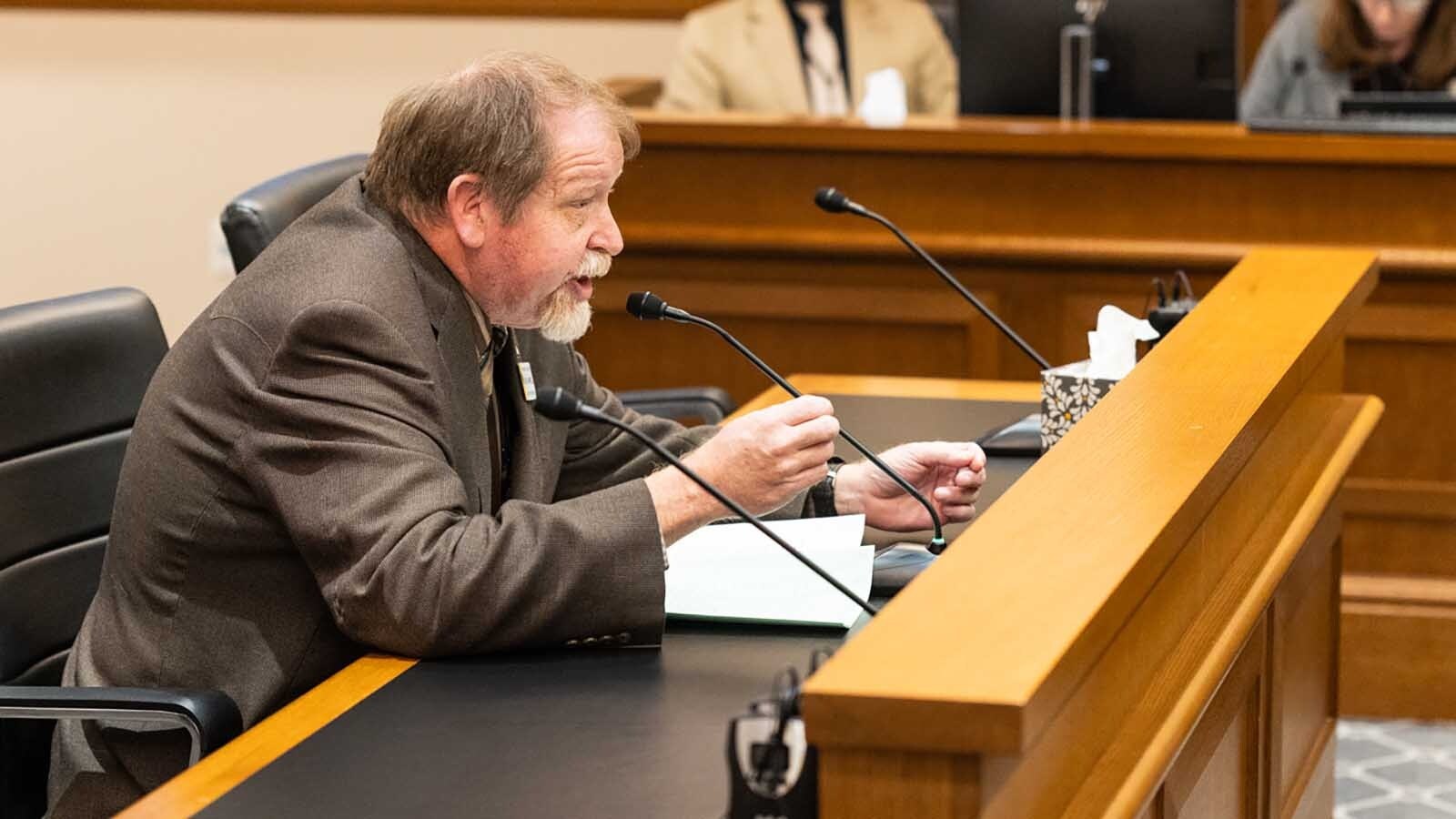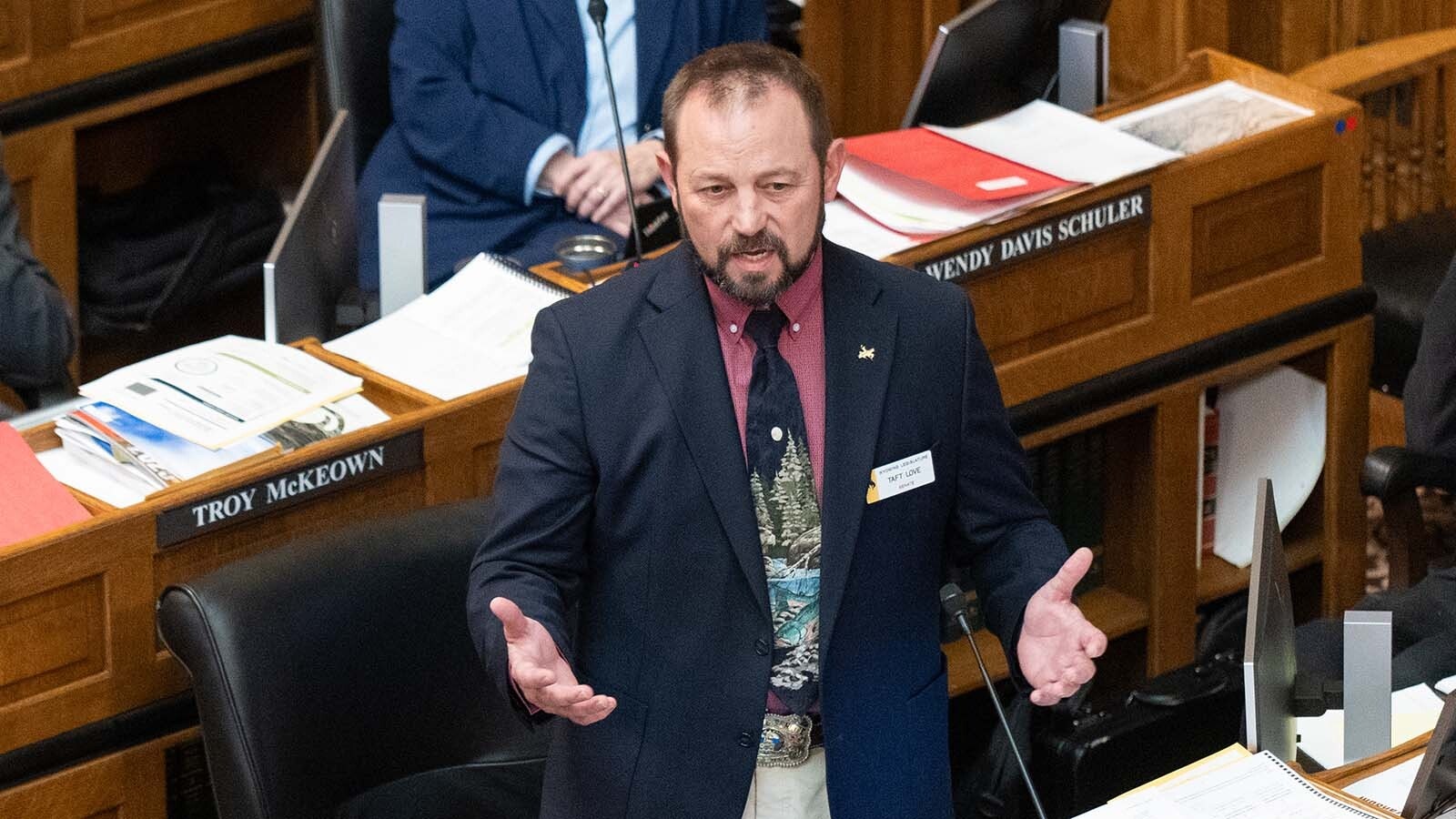Over the past year, climate activists have been raising concerns about what they perceive as a growing audience for “climate misinformation.”
Articles have appeared in E&E News, the Guardian and the Associated Press. CBS News: The National also reported on the issue.
None of the reporting define precisely what rises to the level of climate misinformation, but they make references to people who are critical of policies seeking to rapidly eliminate fossil fuels and those who share scientific data questioning if climate change is a crisis.
They also refer to those who dispute if carbon dioxide emissions are having any impact at all on climate change.
Many of these people labeled under the blanket term “climate denier” say that their viewpoints are less likely to be suppressed now than in the past, so more people are seeking them out.
More Followers
Ketan Joshi, a climate and energy analyst, recently performed an analysis of the percentage of change in followers that Twitter accounts of climate activists have received since September compared to those he labels “climate deniers” or “climate delayers.”
People Joshi puts into these categories include energy watchdog Michael Shellenberger, who has argued that forcing people into energy poverty by rapidly eliminating fossil fuels is a harmful policy. Also included is energy philosopher Alex Epstein, who criticizes the view that fossil fuels only produce negatives — what he calls “fossil fuel benefit deniers.”
Bjorn Lomborg also was given the label. Lomborg argues that policies addressing climate change should be carefully analyzed to ensure they’re not wasting money for little or no benefit.
Others included in the category are libertarian journalist John Stossel and psychologist Jordan Peterson.
None of these people have ever stated that carbon dioxide emissions have no impact on climate, but Joshi lumps them in with people like Peter D. Clack and Steve Milloy, who have maintained climate change is a hoax.
Joshi compares the Twitter following growth of these users with Swedish activist Greta Thunberg, Canadian activist Mike Hudema and former U.S. Vice-President Al Gore, climate scientist Michael E. Mann and climate scientist Katherine Hayhoe.
The percentage increase in followers of the “delayer/denier” Twitter users was far greater than the activists, even Thunberg. Some of the climate activists, such as Bill McKibben and Gore, lost followers.
Bye Bye Bots
Tyler Lindholm, state director for Americans for Prosperity in Wyoming and a former state lawmaker, has more than 6,225 followers on Twitter and is one of the more active Wyomingites on the platform.
Lindholm wasn’t included in Joshi’s analysis and rarely tweets about climate change, but he told Cowboy State Daily he’s noticed a change in the platform since Elon Musk bought Twitter in October.
Musk stated he was going to give the platform’s operations more transparency and has released information showing that the federal government was regularly involved with suppressing information on Twitter.
Musk also took steps to remove bots, which are accounts run by software that manipulates algorithms by creating fake traffic. Lindholm said he lost about 100 accounts when Musk took action against bots. After that, he saw an improvement in the amount of conservative, pro-free market content on the platform.
“Which begs the question, was there something that was creating a firewall against conservatives or conservative viewpoints and people promoting fossil fuels? I certainly haven’t shied away from it,” Lindholm said.
Liberated Voices
Tom Nelson, a podcaster who regularly interviews those skeptical of climate change, was among the accounts included in Joshi’s analysis.
Nelson told Cowboy State Daily that Musk had an effect on how the platform operates, and there's possibly a growing audience for people who oppose the climate catastrophe and anti-fossil fuel message.
“I think we are gaining some traction. But I think there was a definite change in the algorithmwhere suddenly, skeptics were not being suppressed,” Nelson said.
He said that for a long time, the number of his followers on Twitter stayed more or less the same, around 25,000.
Around the time Musk took over, they shot up suddenly. Then his following stopped growing again, and it now sits close to 50,000 users.
“Again, I'm sort of stuck. I don't know, I don't have any proof of what's happening, but the behaviors have been pretty dramatic,” Nelson said.
Milloy, who runs the climate skeptic blog called Junk Science, has also tweeted that he’s seen a decrease in traffic to his twitter feed, what’s called “shadowbanning.”
Blocked
Another factor potentially limiting the growth in following of climate activists on Twitter may be their tendency to block people who dispute their positions.
Cowboy State Daily reached out to Joshi for comment on this article through an email, because he’d already blocked the reporter on Twitter.
At one time, many climate activists were using a software service called Block Together, which crowdsourced the names of anyone who was accused of harassing or abusing. People were encouraged to share their blocked list so people could preemptively block anyone on the list.
Before it shut down operations, Blocked Together stated on its website it had 400,000 names on the list.
Climate scientist Katharine Hayhoe, who describes herself as an expert in climate communication, tweeted in 2018 that she was sharing her list of people she blocked to the service.
Jusper Machogu, a Kenyan farmer who promotes fossil fuel use, tweeted that Hayoe blocked him before he ever interacted with her.
Hayhoe also blocked a Cowboy State reporter without any interaction.
#ClimateScam
Gerald, a commenter on print media and social media on the politics of the climate crisis, told Cowboy State Daily that he doesn’t block or mute people on Twitter, but he said climate activists and climate scientists receive such extreme harassment that they have no choice.
Kutney wasn’t included in Joshi’s analysis but is very active on Twitter. He said he has more than 180,000 tweets, the vast majority about the “climate crisis” and criticizing “climate denial.”
He said he was losing about 1,000 followers a month around the end of 2022, after gaining about 1,500 per month prior. Since the beginning of the year, he said, it’s returned to normal.
However, Kutney said that Musk has unleashed a wave of what he calls “climate misinformation” on Twitter. About the time Musk took over, “#ClimateScam” began trending and pops up whenever a person starts to type any hashtag related to climate.
“Literally overnight, it goes from obscurity to No. 1,” Kutney said.
Kutney said there’s a lot that’s happened regarding the climate change discussion lately, which could have driven some of the surge in climate skeptics’ popularity on Twitter. This includes a couple reports from the International Panel on Climate Change, a consortium of the world’s leading climate scientists, and the 27th session of the Conference of the Parties, a convention of the world’s leading policymakers.
Kutney said that “climate deniers” are also very active on Twitter.
They’re “the most engaging, dedicated bunch I’ve ever seen in my life,” Kutney said.
Fleeing Twitter
Another factor Kutney noted about the slowing increase and, for some, a decline in followers of climate activists and scientists is that they left Twitter after Musk took over.
After Musk assumed control, accounts that had been suspended, including Cheyenne resident Tony Heller and Jordan Peterson, were reinstated.
Kutney said this fostered an environment on Twitter that gave way to a wave of harassment of these activists and scientists.
“A lot of scientists just don’t want that anymore. They’ve got better things to do,” Kutney said.
Alienated Audience
Another possibility is that the rhetoric surrounding the climate crisis isn’t resonating with people as much — and possibly alienating them.
A recent study published in the scientific journal PLOS Medicine found that people involved in a simulation designed to expose them to “the disastrous effects of climate change” actually increased their level of skepticism.
“Our findings suggest that, on average, exposure to our simulation led to a decrease in risk perceptions of climate change and had a negative mediated effect on our measure of individual mitigation behaviour,” the authors of the study concluded.





